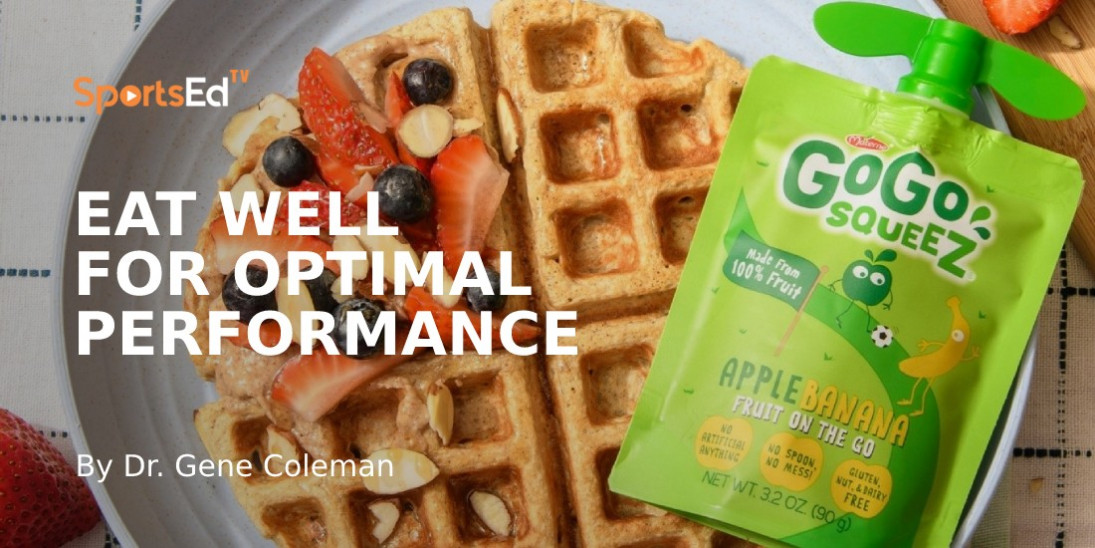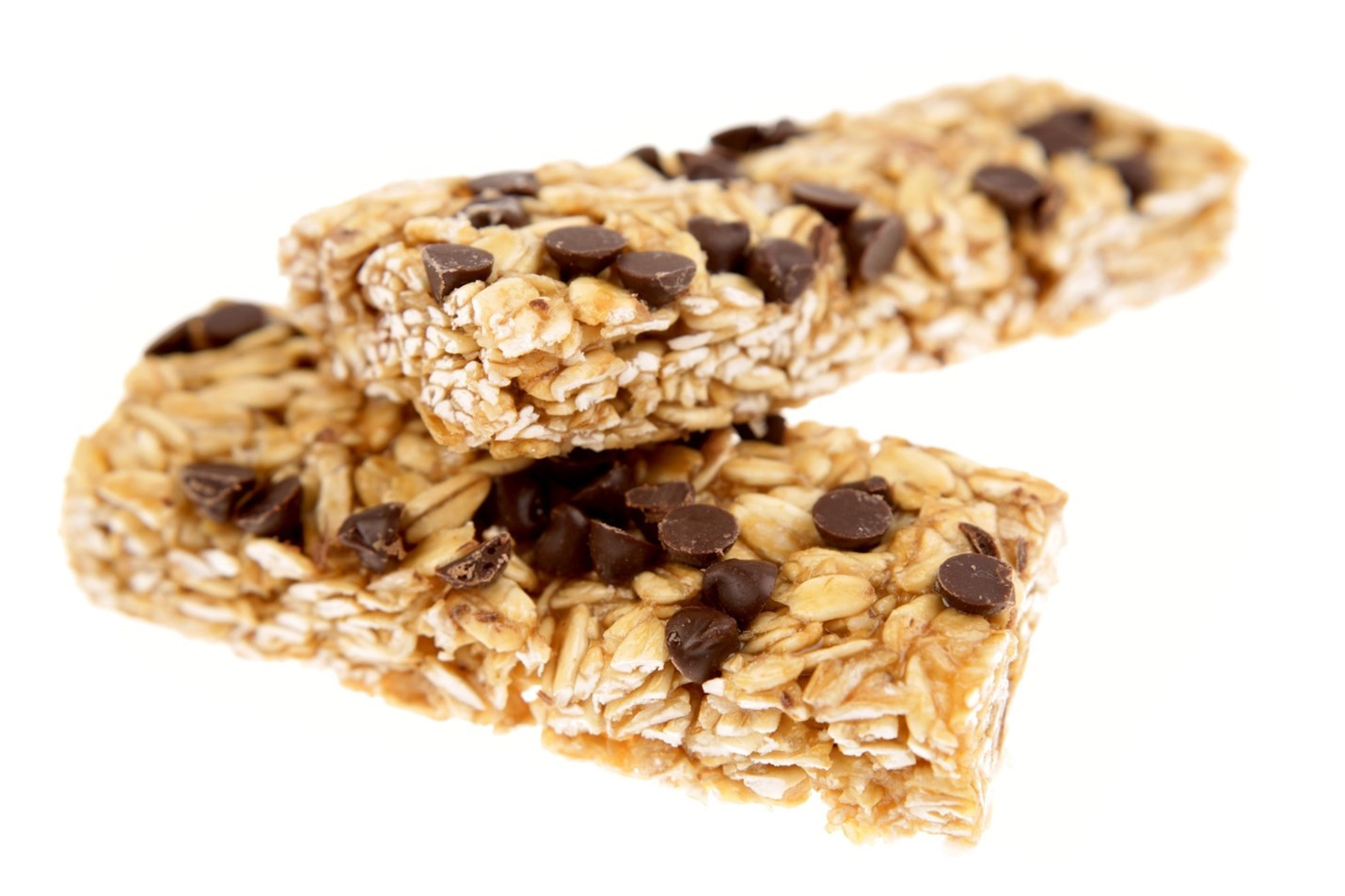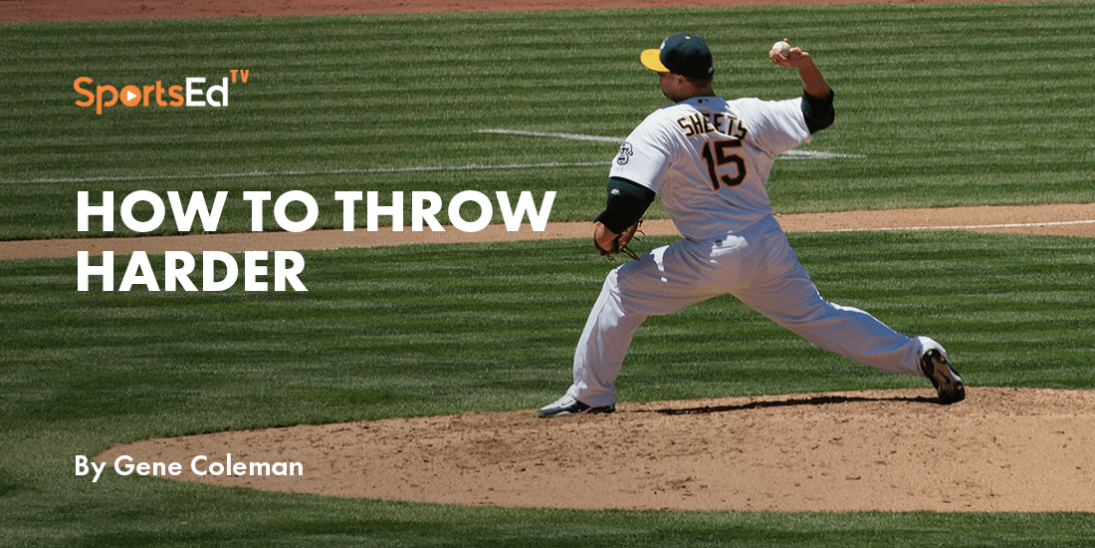Baseball, Nutrition, Health
Welcome and thanks for visiting...

Tips for Gaining Healthy Body Weight for Improved Performance

School is in full-swing, off-season training baseball is starting and many youth, high school and even college baseball players are looking for ways to get bigger, faster and stronger before next season. While there are effective training programs for each goal, all three require proper nutrition to fuel growth, enhance recovery and improve performance. A popular question among athletes and parents at this time of year is: “How can I gain weight during the off-season? The following PBSCC response was prepared after contacting several professionals in the field of sports nutrition.
Many athletes across all ages are frustrated by their seemingly inability to gain weight. Puberty and genetics play powerful roles in gaining and maintaining weight. And, while no athlete can change their genetics or when puberty occurs, every athlete can boost his/her calorie intake.
The following tips should help athletes gain and maintain healthy body weight:
1.Eat consistently and eat more meals more often.Don’t skip meals, especially breakfast. Your mother is right, “Breakfast is the most important meal of the day!” It prepares your body and mind for both the school work and training workouts to follow. There is no excuse for missing breakfast. If you have trouble getting up in the morning, keep a few granola bars, gogo squeez, cereal bars or package of PNB crackers by your bed so you can eat them as soon as you wake up and then drink 8-10 oz of water to start the rehydration process. It takes 5 minutes or less to eat a bowl of cereal, yogurt, boiled egg or PNB sandwich. It also doesn’t take much time to drink a cup of 2% milk, chocolate milk, instant breakfast drink or premixed fruit yogurt smoothie and eat a cereal or granola bar as you walk out the door.
Missing any meal means that you will miss out on consuming important calories and essential nutrients needed to reach your goal, and you will be playing catch-up the rest of the day. Divide your calories into 6 meals and mini-meals throughout the day. To gain weight, you need to eat several meals per day, starting with breakfast and continuing until its time to go to bed. Make it a habit to: 1) eat breakfast, 2) have a mid-morning snack, 3) eat lunch, 4) have an afternoon snack; 5) eat dinner and 6) finish the day with a bedtime snack. And, do it every day. This might mean breakfast at 7:00, snack at 9:00, lunch between 11:00 and noon, second snack at 3:00, dinner at 7:00 and bedtime snack at 10:00.
2.Don’t forget your snacks. Between meal snacks provide extra calories, bridge the gap between meals and help provide a constant source of energy throughout the day. Bedtime snacks help keep your blood-sugar level from bottoming out while you sleep, booster carbohydrate stores for the next day and support muscle repair overnight. When you’re asleep, your body doesn’t have any nutrients coming in. If you provide your body with the right nutrients before you nod off, it could help you recover faster, reduce muscle soreness and prepare to train tomorrow. What you eat and when you eat are important so, pick your snacks wisely and aim to consume your bedtime snack about 30 minutes before bedtime. Portable mid-morning and afternoon snacks include a sports drink with PNB crackers, handful of granola, trail mix or nus, sports bar, yogurt-granola mix or dried fruit. Good bedtime snacks options are plain oatmeal with banana, apple slices with PNB, whole grain crackers with cheese, whole grain toast with PNB, slice of cheese, hard-boiled egg, orange, 2% milk, chocolate milk and nuts like cashews and walnuts. Avoid high-fat and high-sugar foods.
3.Eat larger than normal portions. It’s possible to increase food intake by 500 calories per day by simply eating 5-6 extra bites of the food that you are already eating. If you are eating the right foods, this is an easy way to add calories without having to add other foods. It can be as simple as having two sandwiches for lunch, instead of one, drinking a taller glass of milk, eating a bigger bowl of cereal or enjoying a larger piece of fruit.
4.Select higher calorie foods.Read food labels to discover which wholesome foods offer more calories. For example, a banana has more calories than an apple, granola has more calories than cold cereals like Cheerios, Corn Flakes, Rice Krispies, etc. Corn, rice and potatoes are higher in calories than most vegetables. Dried fruit on cereal has more calories than fresh fruit. Adding a cup of granola to cold or hot cereal can double the caloric intake of breakfast and spreading 2-3 TBS of PNB on whole wheat toast, bagels, waffles or pancakes can double or quadruple it.
5.Drink beverages other than water. Instead of quenching your thirst with water, choose calorie-containing fluids. Consuming milk with each meal lets you easily add 300 to 600 wholesome calories a day. Drinking 100% fruit juice or a sports drink with meals gives you the fluid your needed for proper hydration, more carbohydrates to refuel your muscles and vitamin C to enhance healing. Drinking a sports drink instead of water during training and workouts is another effective way to add an extra 100 or more calories without having to think about it.

6.Add extras to the foods that you already eat is an easy way to boost calories. Adding nuts, seeds and dried fruits to morning cereal, yogurt, salads and smoothies will boost caloric intake as will adding a TBS of honey to smoothies and oatmeal or adding shredded or grated cheese to potatoes, salads, soups, pasta and vegetables.
7.Consume peanut butter, nuts, avocado and olive oil.These foods contain good, health-promoting fats. They are also a positive addition to your sports diet because they can help reduce inflammation. Their high fat content means they’re calorie-dense, and you are looking for ways to consume more calories. To boost good fats, add almonds to cereal and salads, spread extra peanut butter on a PNB and jelly sandwich, add avocado to sandwiches, wraps, burgers, fajitas and salads, eat a PNB and jelly sandwich, nuts and granola or guacamole with baked chips as a snack. Add extra olive oil dressing to your salads and dip your bread in olive oil during meals. Each of these suggestions can add an easy extra 500+ calories to your daily diet.
8.Don’t buy expensive weight gain drinks. A hefty PNB and jelly sandwich on whole wheat bread with a tall glass of chocolate milk can add 800-1000 calories for about $2.00. You might spend $10.00 to get those calories from a commercial weight gain drink. Another option is to mix 1/3 cup of dry instant milk powder into an 8-oz glass of 2% milk. Combining dry milk with milk instead of water will double the calories, calcium, protein and other nutrients in the milk. You can triple the calories by adding 2 TBS of chocolate syrup to the mix. You can also replace weight gain drinks with 2% milk or chocolate milk or Pack Boost Plus, Ensure Plus or similar drink and a small bag of granola in your back pack as inexpensive extra calorie snacks.
9.Don’t worry about extra protein. You cannot eat on muscle mass or build bigger muscles by eating extra protein. While you want to eat protein-rich foods with 20-30 grams protein at each meal and 10-15 gm in each snack, more is not better. Strength training stimulates muscle and connective tissue growth, protein provides the building blocks for growth and carbohydrates provides the energy to perform the exercises that stimulate growth. Protein provides the muscle building material, but the energy to perform the training and fuel recovery comes from extra carbs. That’s where drinking more 100% fruit juice and 2% chocolate milk provides benefits. Eating carbs makes you better-fueled and more able to lift the heavier weights needed to improve strength and increase lean body weight.
10.Choose healthy foods over junk and fast foods. Calories are critical for weight gain, but consuming calories with the right nutrients is essential for good health, proper growth and peak performance. Eating nutritious foods will also make it easier to reach your goal of gaining healthy body weight and lean muscle mass. Don’t try to get all of your extra calories from one source. Extra calories should come from a variety of foods, milk, meat, fruits, vegetables and whole grains. All foods, even pizza and wings are OK when consumed in moderation. Loading up on pizza, fries and wings will give you extra calories, but won’t help you gain the muscle mass needed for peak performance. Fast foods tend to be high in fat and low in vitamins, minerals and fiber. They fill you up fast and leave you feeling full longer, which is not what you need when you need to eat to eat often. Protein, like fat, takes longer to digest and helps delay hunger. Eating too much protein, however, can displace the intake of the carbohydrates needed by your working muscles.

Final Words: Be patient. You can’t microwave success. It takes time to gain lean body weight. When you gain a lot of weight in a short period of time, you will usually gain more fat than muscle. Muscle grows slowly, even in the most genetically gifted athletes. Be patient, be consistent and eat healthy to ensure that you are gaining lean body mass (muscle), not fat. It’s also important to understand that anytime you gain a lot of weight, even lean body weight, in a short period of time, it can have negative effects on your movement mechanics and efficiency. If you have been around 140 pounds for 1-2 years, for example, and then bulk up to 160 pounds in a few months, it’s possible that your ability to move accelerate and move quickly and efficiently can be compromised. Adaptation takes time. It takes time to get used to your new body after a growth spurt and after significant weight gain. If, however, if you make gradual increases in weight and lean body mass, your body will adjust accordingly, instead of being surprised at the large increase in body weight.
References
- Anding, R. Nutrition Made Clear. The Teaching Company, 2009.
- Bonci, L. Sports Nutrition for Coaches. Human Kinetics, 2009.
- Clark, N. Sports Nutrition Guide Book. 6th Human Kinetics, 2019.
- Coleman, E. and S. N. Street, Ultimate Sports Nutrition. Bull Publishing, 2000.
- Karinch, M. Diets Designed for Athletes. Human Kinetics, 2002.





